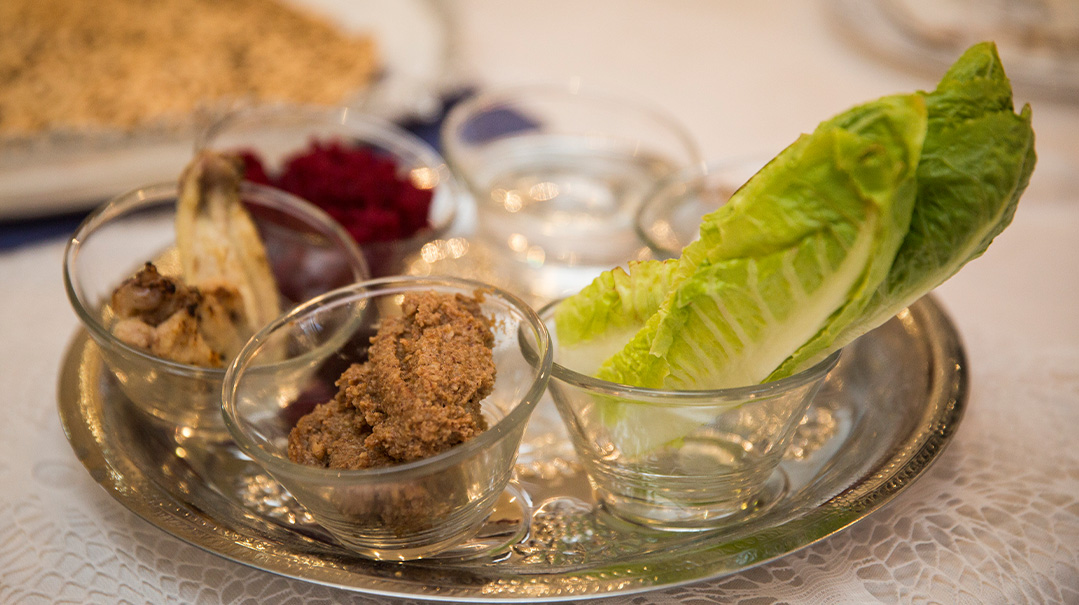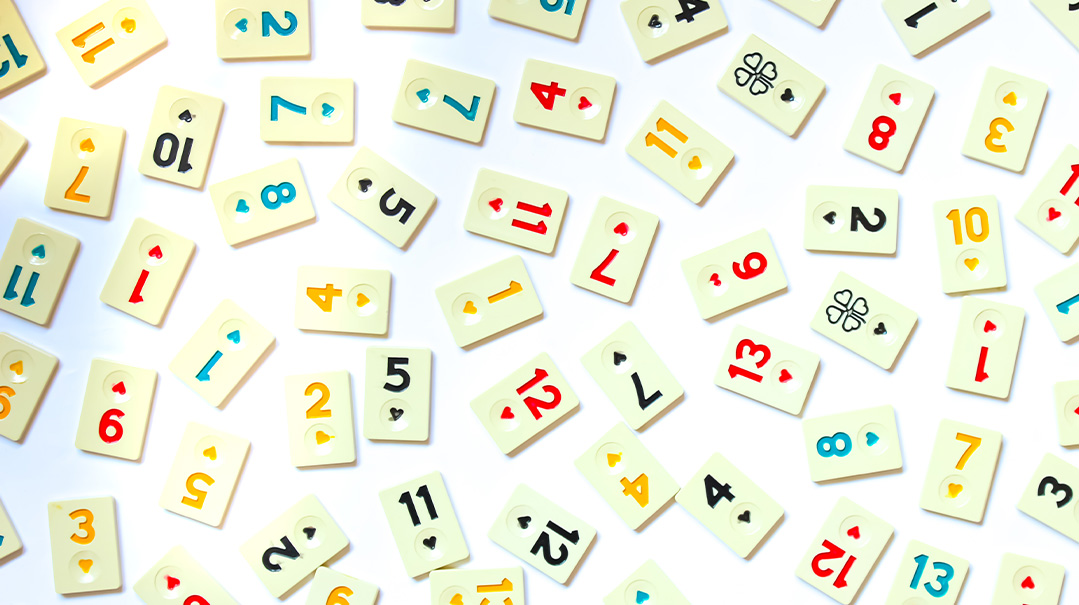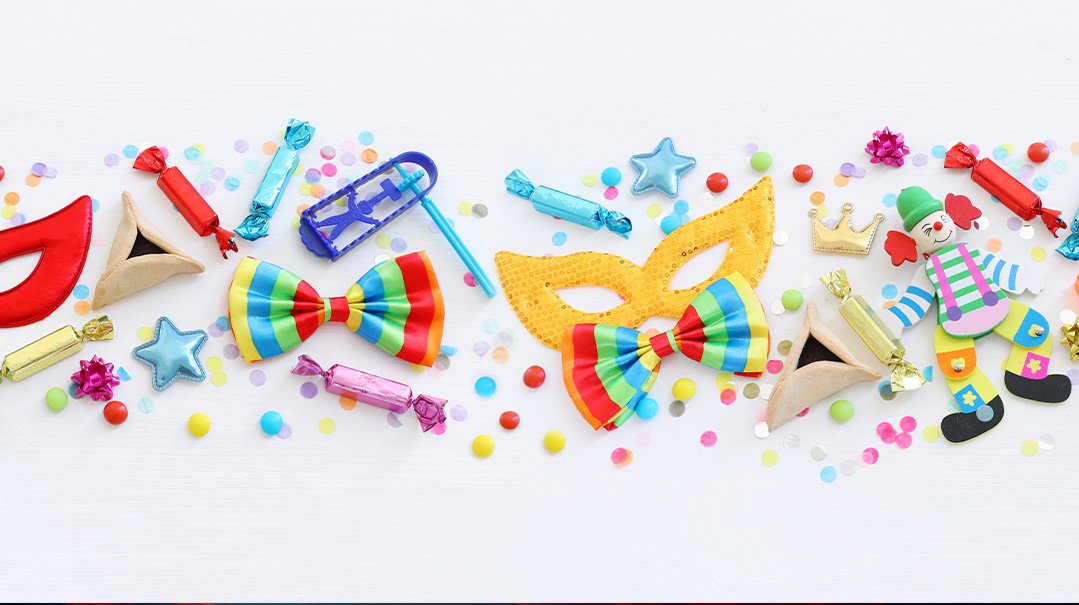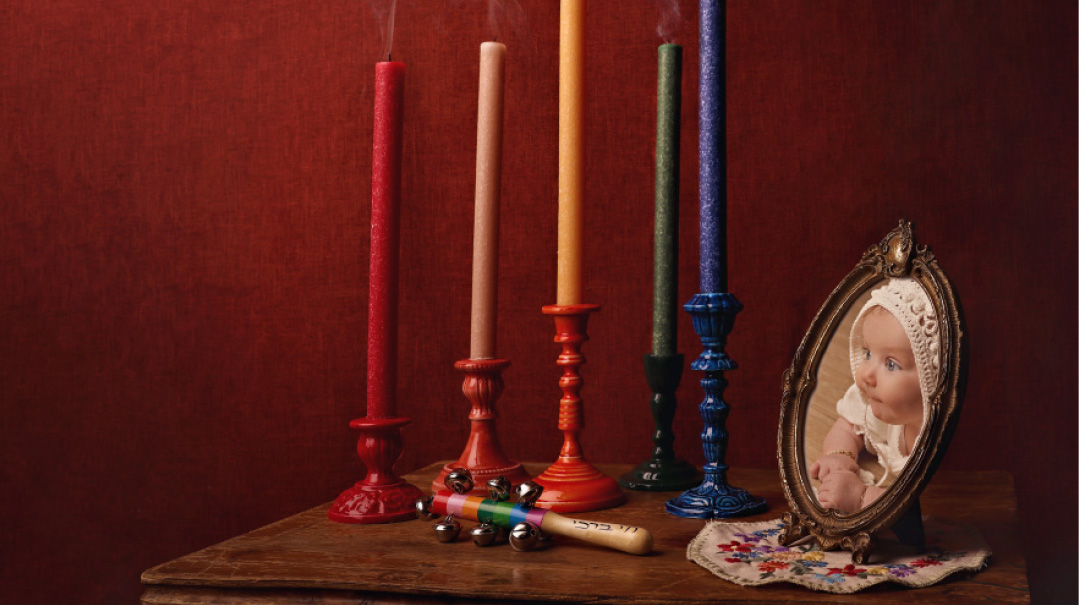Zeidy and I

Somehow, he always knew what to say, just what I needed to hear at that moment to make my worries or pain disappear
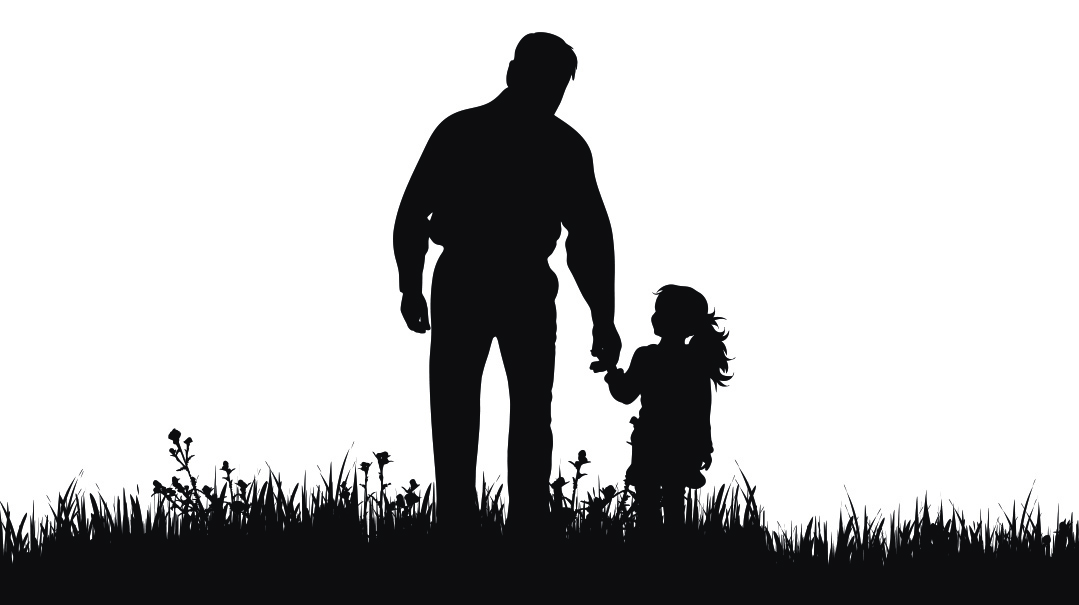
I place the picture in a small frame and sit in down near my Shabbos candles. Every time I light, I can look at the photo of where Zeidy and I are sitting next to each other on his bed, and I can remember with love the last smile we shared.
When I was growing up, I was scared of my Zeidy. He’d reprimand us for making noise or making a mess. I don’t think I’d ever seen him smile. He had criticisms of this or that about us kids, and his booming voice would rise when we misbehaved.
I understood the reason for this tough nature. My grandfather was a Kindertransport child, ripped away from his mother at the age of 12. He and his 13-year-old brother packed a small bag and bid their mother farewell, not knowing if they’d ever see her again.
When my Zeidy started to cry, his older brother reprimanded him. “We must be men now. We’re going off on our own and we need to be strong. Men don’t cry.” I think that moment must have had a deep effect, as I rarely saw emotion from him, aside from anger.
My grandparents moved to Israel before I was born but would travel back to the States quite regularly. As we got older, they aged as well, and the time between visits would stretch longer and longer. When I flew off to seminary, I knew I had to visit, and started going for Shabbos.
In their beautiful stone home among the winding narrow streets of the Old City, I began to see a different side of Zeidy. He was stubborn and black-and-white in his thinking. The “Hashem tells us what to do, and we do it, no questions asked” type.
But I was also stubborn, and we’d talk for hours. Once, after a long conversation, he began laughing and remarked, “I never thought I’d meet someone more stubborn than me!”
For the first time, I began to like my Zeidy. Not just like him, but love him. I saw that hidden behind that tough exterior was one of the softest and most loving men I knew. We bonded and connected and discussed and went deeper. He showed me what true, unabashed love and fear of Hashem looked like. Despite the trials and tribulations in his life, I never once heard him question why.
Seminary ended, and with that, my easy access to Zeidy. I got married, had children. Through it all, I called him regularly, and we continued our deep conversations. He’d give me a devar Torah to say at the Pesach Seder. He’d give me chizuk before Rosh Hashanah when I told him how hard it was to be home with the kids and not be in shul. I asked him questions I had, about Torah and mitzvos and Hashem.
Somehow, he always knew what to say, just what I needed to hear at that moment to make my worries or pain disappear.
Not too long ago Zeidy got sick. I’d call him and feel a lump in my throat, not knowing how much longer I’d have him. He was so far away; it had been years since I’d seen him. I decided I needed to get myself to Israel.
That year we managed (don’t ask me how!) to take a trip to Israel for winter vacation. For a large family whose husband is in chinuch, it was no small feat. But when I walked into Zeidy’s room, and he smiled at me and said, “Ah, Shiri’s here” I knew I’d done the right thing.
Zeidy placed his hands on each of my children’s heads and gave them the most heartfelt, meaningful brachos I could have imagined. I sat with him on his bed, and we chatted about this and that.
And then I told him I loved him, and I gave him a kiss on the cheek. He looked at me with sparkling eyes and a smile that lit up his face. We turned to my husband, and he snapped a picture.
Then we said goodbye forever.
Zeidy died a few weeks later.
As I look at that picture when I’m lighting Shabbos candles, I think about our journey. How scared I was of this towering figure. How I gave him a chance. How he gave me a chance. How he opened a small window into his heart for me and let me in — and I did the same. How I used to think of him and feel nothing, but now I think of him and miss him terribly.
And I marvel at how lives can change if we just let down our walls and open our hearts.
(Originally featured in Family First, Issue 747)
Oops! We could not locate your form.

